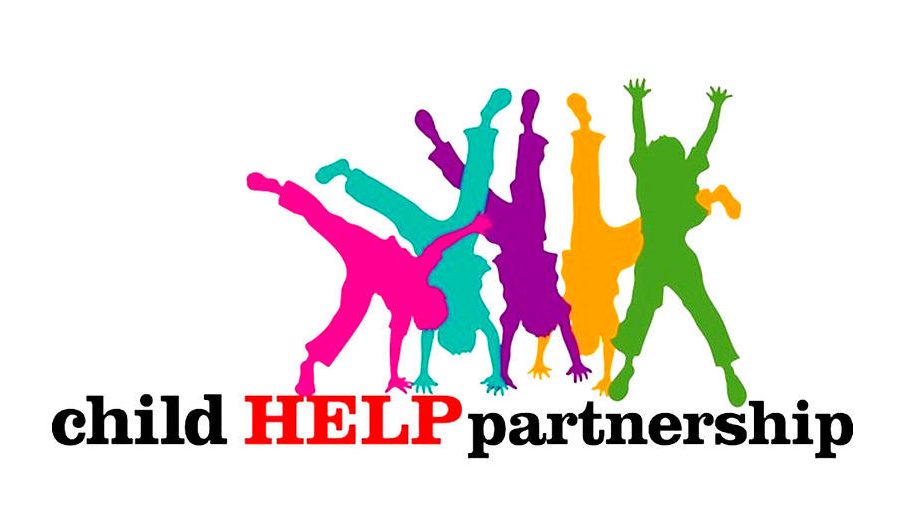
Alternatives for Families: A Cognitive-Behavioral Therapy

Family conflict, hostility, and abuse tend to be chronic. This chronic exposure to violence can interfere with children’s emotional, behavioral, academic, and social development. Changing how families interact is hard, and requires caregivers to change their parenting, couples to change how they disagree, and children to manage their anxiety and anger.
Alternatives for Families: A Cognitive-Behavioral Therapy (AF-CBT) (Kolko, Brown, Shaver, Baumann, & Hershell, 2011) was initially used as a therapy for child physical abuse and then expanded to be used for verbal and physical aggression, and family conflict. AF-CBT is designed to address both the key risks for abuse (e.g., coercive parenting practices, anger, hyperarousal, negative child attributions, family conflict) and the consequences of negative parent/caregiver behavior on the child (such as child aggression, poor interpersonal skills/functioning, intense emotional reactions).
AF-CBT therapists use the ALTERNATIVES acronym to refer to the treatment components:
- Alliance building between the family and therapist
- Learning about trauma and mental health responses through psychoeducation
- Talking about positive and negative family experiences
- Emotional regulation skills to reduce anxiety and anger
- Restructuring inaccurate and unhelpful thoughts
- Noticing positive behavior in children and reinforcing it
- Assertiveness and social skills for children
- Techniques for parent management of child misbehavior
- Imaginal exposure to the trauma
- Verbalizing healthy communication in the family
- Enhancing safety through clarification of the family violence
- Solving family problems without conflict
What Happens in AF-CBT Sessions
AF-CBT is designed to be short-term, typically completed in 6-9 months (24 sessions). Children and caregivers meet separately with the therapist for the psychoeducation, skill-building, parenting, and exposure components of treatment, and then children and caregivers meet together for the family communication, clarification, and problem-solving components of treatment. Sessions include: planning the agenda for the session, home practice review, focus on a specific ALTERNATIVES PRACTICE component, and home practice assignment.
AF-CBT is focused on the parents/caregivers, children, and family as a whole. Caregivers are taught the same coping skills as their children because they may be experiencing their own stress and because of the critical role they play coaching their child in using their skills. Family therapy is used to improve communication, discuss the family conflict, and plan for future safety.
Feedback from Families
Please click the box to read the full story…
Jamal
Jamal: A teenager who experienced physical abuse
Jamal was having a hard time with the adjustment to high school. He was getting into fights with other students. His teachers described him as disrespectful and distracted. His guidance counselor met with him and, when he took off his jacket, she noticed a bruise on his arm. She gently got to know more about him, asking about his hobbies, friends, and family. When she asked about the bruise, he acknowledged that his mother “sometimes goes too far” when she disciplines him...
Following the proper investigation, Jamal and his mother, Tanisha, were referred to CHP for Alternatives for Families: A Cognitive Behavior Therapy (AF-CBT). When Jamal and Tanisha did their initial assessment, it became clear that they had similar reactions to things. They misinterpreted people’s behavior as threatening, which resulted in going into “fight or flight mode.” They felt like they were defending themselves when others experienced their behavior as aggressive.
The goals of AF-CBT are to reduce family conflict, improve parenting skills, and help children manage their anger and anxiety. During her individual sessions with their therapist, Tanisha described “getting beat” as a child by her parents, how that felt for her and what it was like now that she was a parent herself. This helped her understand how her behavior affected Jamal. In his individual sessions with their therapist, Jamal learned strategies for managing his anxiety and anger which helped him build a positive relationship with his mother. With careful guidance by the therapist, Tanisha and Jamal each wrote separately about the family conflict. Tanisha acknowledged her role in the fighting, apologizing for it, and offering a plan to parent differently. Jamal wrote a story about how his mom treated him and how he felt about it. After learning how to communicate more calmly and effectively, the therapist brought the two together to share what they had written. Being able to describe his experience to his mother and hearing her apologize for what she did made Jamal feel heard and safe. Today, Tanisha better understands her anger and has more effective parenting tools, and Jamal uses his coping tools at home and school. As a result, they are able to disagree respectfully, without anger or violence.
CHP’s Impact
Outcome / Research Results
In a review of treatments for youth exposed to family violence, Vickerman and Margolin (2007) found AF-CBT to be “well-supported .” In four randomized controlled trials, AF-CBT has been associated with greater improvements in children’s mental health, caregivers’ parenting skills, and family conflict and cohesion. At Child HELP Partnership, we wanted to ensure that our families have the same rates of improvement as those families who participated in the randomized trials.
The chart below presents outcomes at each stage of therapy at Child HELP Partnership.
Percentage of Children with Mental Health Problems at Each Stage of PARTNERS Therapy
As the chart shows, the percentages of children with PTSD, depression, and conduct problems decrease significantly over the course of therapy. Additionally, each phase of AF-CBT is important for recovery. By reducing rates of PTSD, depression, and conduct problems, we are not only easing the current pain of the children served, but preventing the need for long-term, expensive mental health care.
Contact Us about Alternatives for Families: A Cognitive-Behavioral Therapy
For more information about Child HELP Partnership’s Alternatives for Families: A Cognitive-Behavioral Therapy, contact us or fill out a referral form.

